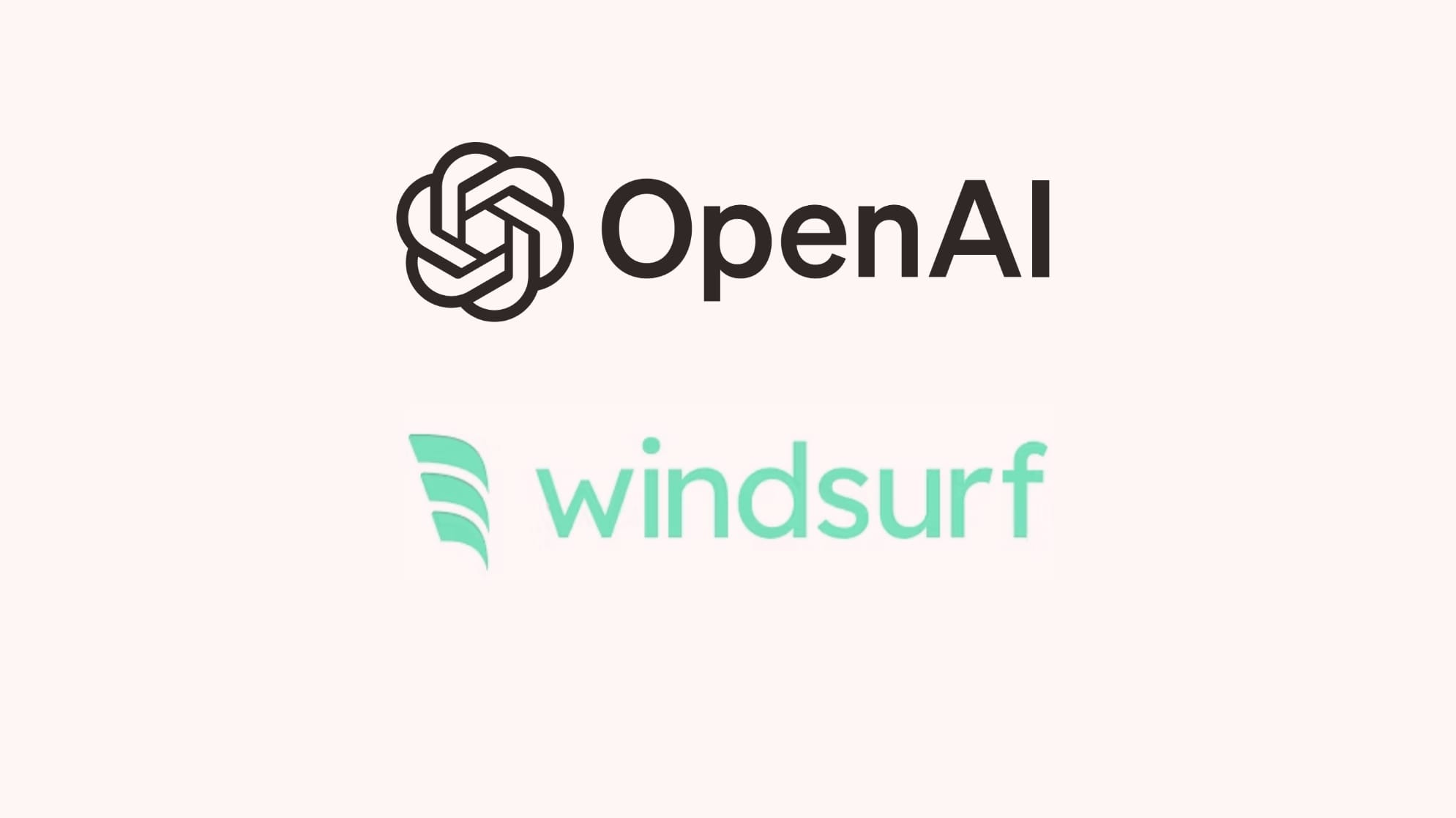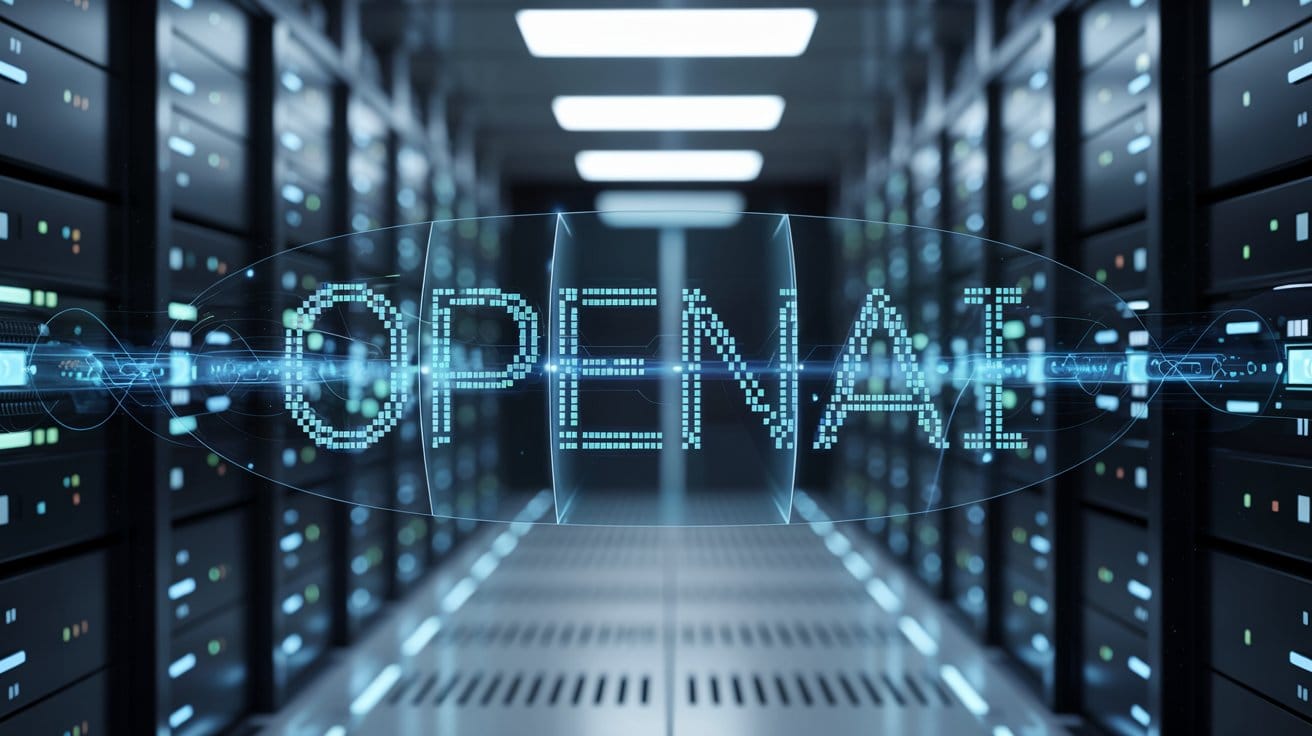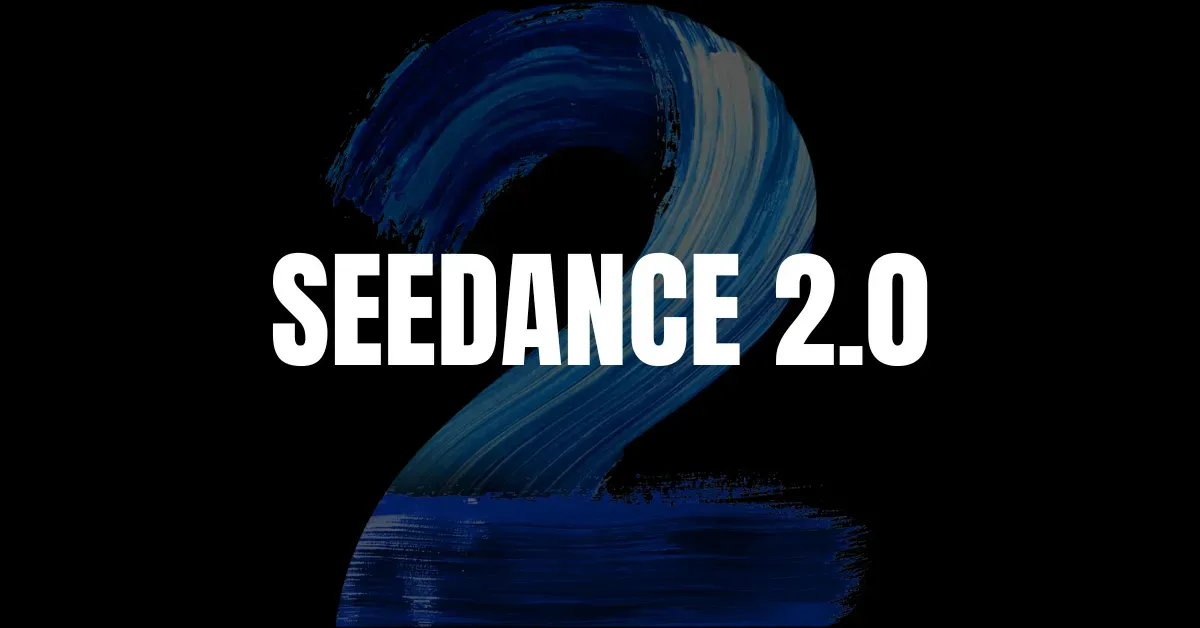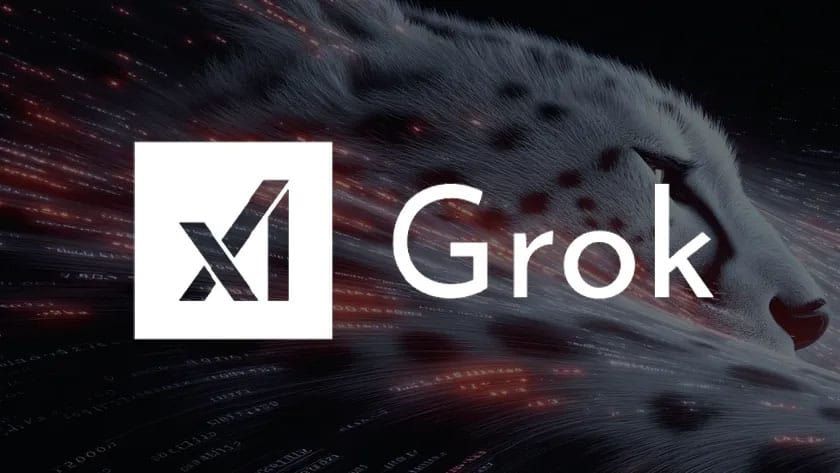🛎️OpenAI Eyes Chrome

Good Morning, AI Enthusiasts!
While the DOJ hasn't sentenced Google yet, OpenAI is eager to take a significant piece for itself.
SPONSORED BY

ANTITRUST
OpenAI's Interest in Acquiring Google Chrome
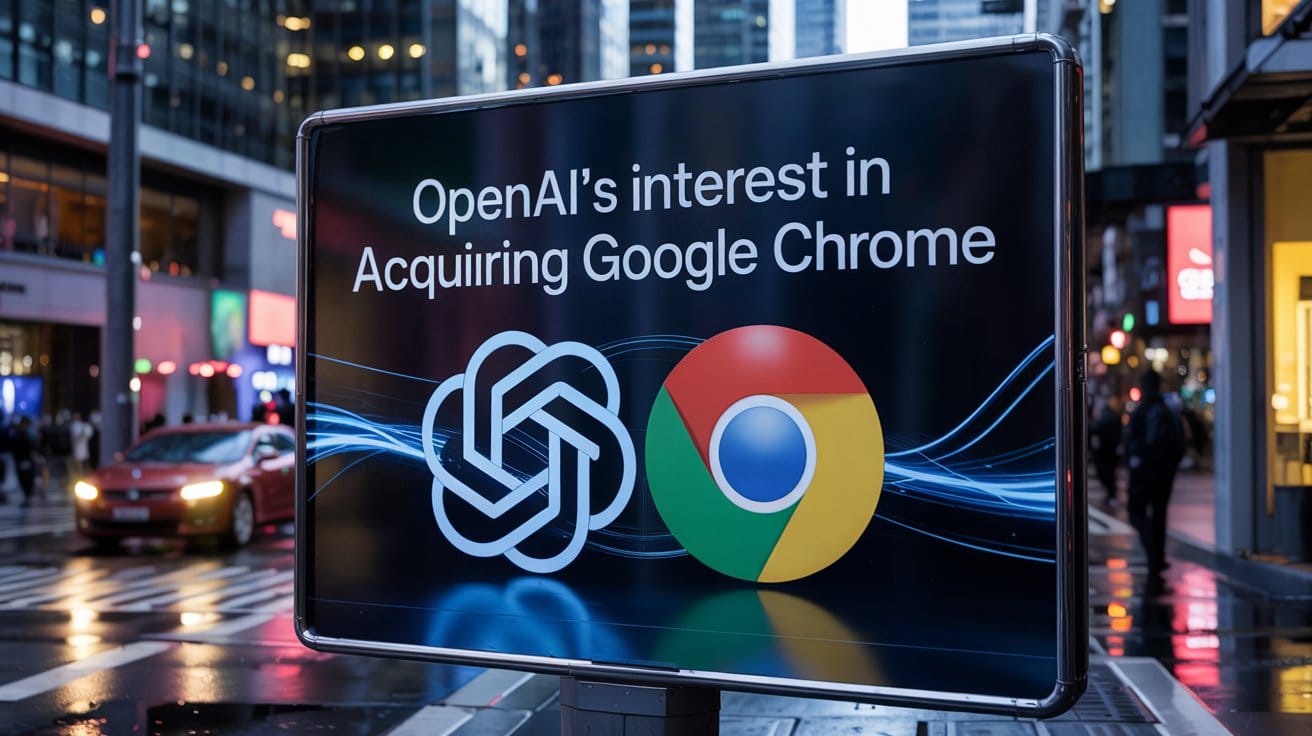
The ongoing antitrust trial against Google has opened new doors for innovation and competition in the tech landscape. OpenAI's expressed interest in acquiring Google's Chrome web browser marks a pivotal moment in the intersection of artificial intelligence and online browsing.
- The current trial phase involves remedies, with the DOJ advocating for the divestiture of Chrome, which has over 4.1 billion users, to bolster competition.
- OpenAI's product manager, Nick Turley, testified that acquiring Chrome would facilitate the creation of an “AI-first browser,” allowing for the integration of AI technologies like ChatGPT to enhance user interaction with the web.
- With Chrome’s extensive user base, OpenAI sees an opportunity to introduce innovative AI-driven features, such as personalized recommendations and conversational search, which could differentiate its browser from competitors and refine its AI models through direct user data access.
TOGETHER WITH LENS
No More Endless Browsing, No More Overpriced Resellers

Tired of hidden markups eating into your margins? Frustrated by endless supplier searches? Stop overpaying and start sourcing smarter with Alibaba Lens, the AI-powered image search Chrome extension that finds wholesale prices instantly—all without switching tabs!
Why Alibaba Lens?
- ✅ AI-Powered Precision: Advanced image + text search delivers fast, accurate sourcing results
- ✅ Customizable Options: Discover verified suppliers supporting tailored customization solutions
- ✅ Seamless Integration: From product idea to fulfillment, streamline every step—right from your browser
Join over 5 million smart buyers using Alibaba Lens to cut costs and boost profits. It’s free—add it to your browser today!
ROBOTAXI
Tesla 2025 Earnings Call Showcases Musk’s Robotaxi Ambitions
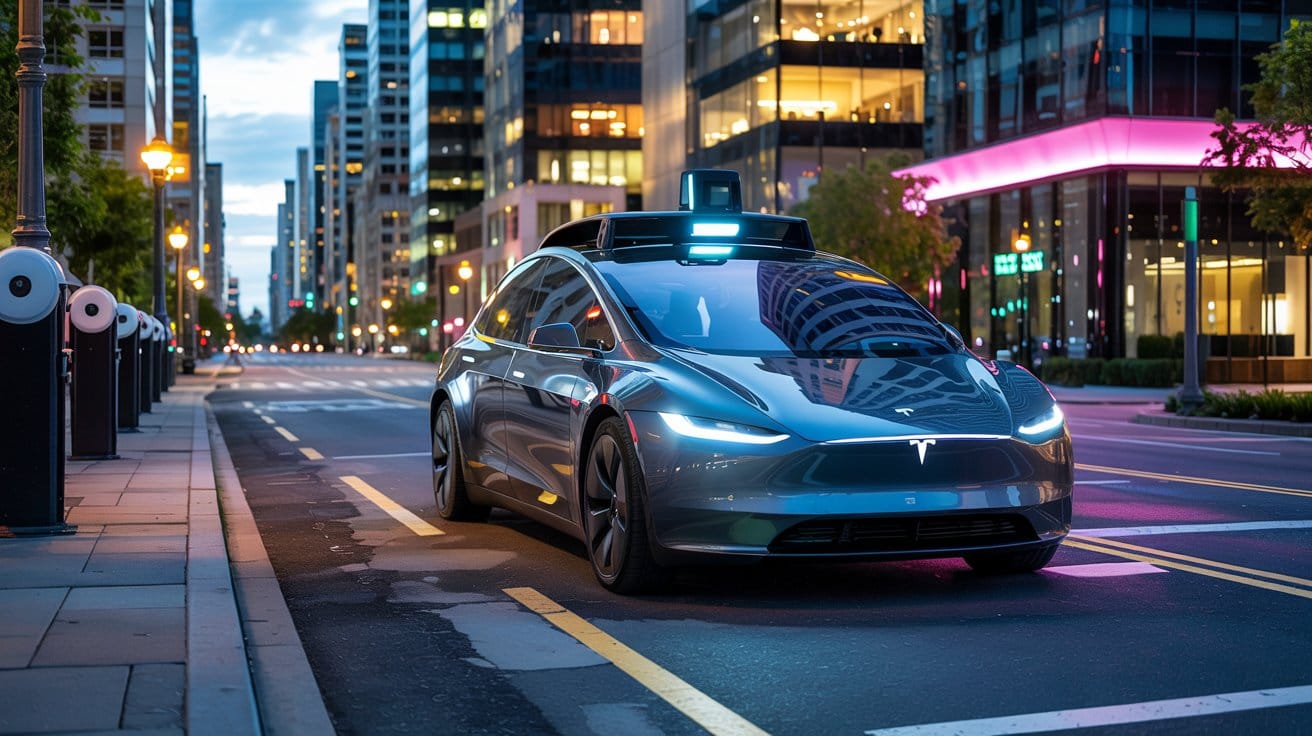
During Tesla’s Q1 earnings call, CEO Elon Musk made one of his most ambitious predictions yet: “I predict that there will be millions of Teslas on autonomous driving – fully autonomous driving – in the second half of next year.”
- Tesla plans to launch a pilot for its robotaxi program with a limited fleet of 10 to 20 Model Y vehicles in Austin in June 2025, with the objective to scale rapidly after proving operational reliability.
- The company distinguishes itself by relying primarily on camera-based vision and AI for its autonomous systems, contrasting with competitors that utilize a mix of sensors. This strategy allows for theoretically faster scaling as any Tesla with the right hardware can become a robotaxi through software updates.
- Following the Austin pilot, Tesla aims to expand its robotaxi services nationwide by the end of 2025, while also planning to allow vehicle owners to join the network by 2026, creating a new income stream for users.
- The current charging infrastructure may not support Musk's vision of millions of robotaxis, necessitating significant upgrades to both the Supercharger network and grid capacity to handle increased demand.
- Tesla faces stiff competition from established players like Waymo and Zoox, which are already operational. The disappointment in Tesla's recent financial results adds pressure for the robotaxi program to succeed as a potential catalyst for future growth.
QUICK HITS
- Intel is set to announce layoffs of over 21,000 employees, representing 20% of its workforce, this week.
- SK Hynix has overtaken Samsung to become the world's leading DRAM chip vendor, driven by strong demand for AI technology.
- BMW plans to integrate DeepSeek in its new vehicles in China starting later this year.
- Noxtua raises $92 million to develop a sovereign AI tailored for the German legal system.
- Chinese internet giants ByteDance, Alibaba, and Tencent have stockpiled billions in Nvidia's H20 chips ahead of new U.S. export restrictions.
TRENDING TOOLS
- 💾 Adverity brings conversational AI to data—get insights instantly, automate reporting, and save time.
- 📺 Blotato creates 10x more content with AI.
- 🔊 Music.AI powers your music project.
- 📁 Creator Supply offers inspiring framer templates.
- 🎓 StudyFetch creates your course material in seconds.
- 🪶 CopyOwl is the First AI Research Agent, deep research on any topic in one click. (Featured)
- 📚 Heardly is the Fast Way to read Best Book. (Featured)
- 🚀 Intellectia.ai is the most powerful AI platform for smarter investment. (Featured)
- 🔎 Accio is the First AI Sourcing Engine for products and B2B insights.(Featured)
1 Million+ AI enthusiasts are eager to learn about your product.
AI Secret is the world’s #1 AI Newsletter, boasting over 1 million readers from leading companies such as OpenAI, Google, Meta, and Microsoft. We've assisted in promoting Over 500 AI-Related Products. Will yours be the next?
What We Can Offer:
- Launch an Advertising Campaign
- Introduce New Product or Features
- Other Business Cooperation
Email our co-founder Mark directly at mark@aisecret.us if the button fails.
